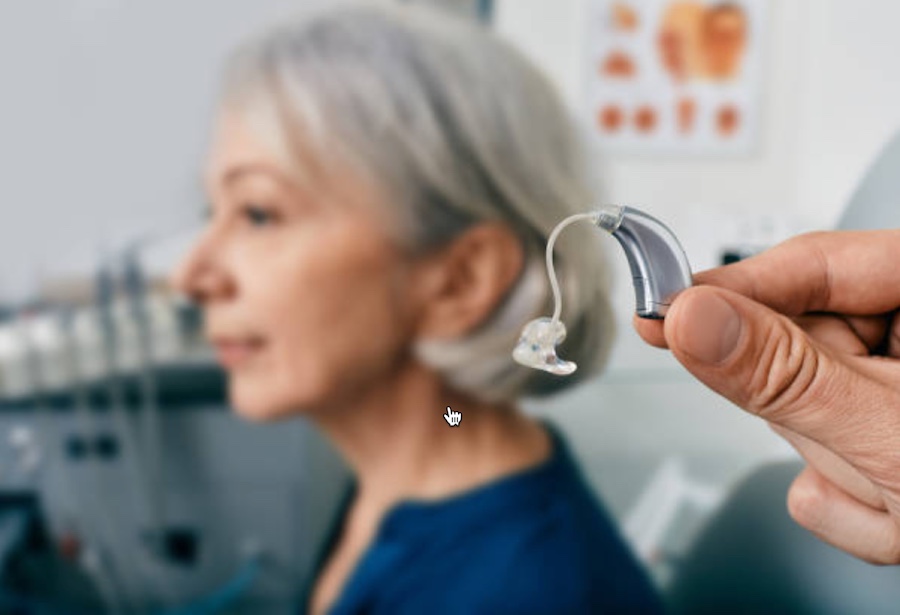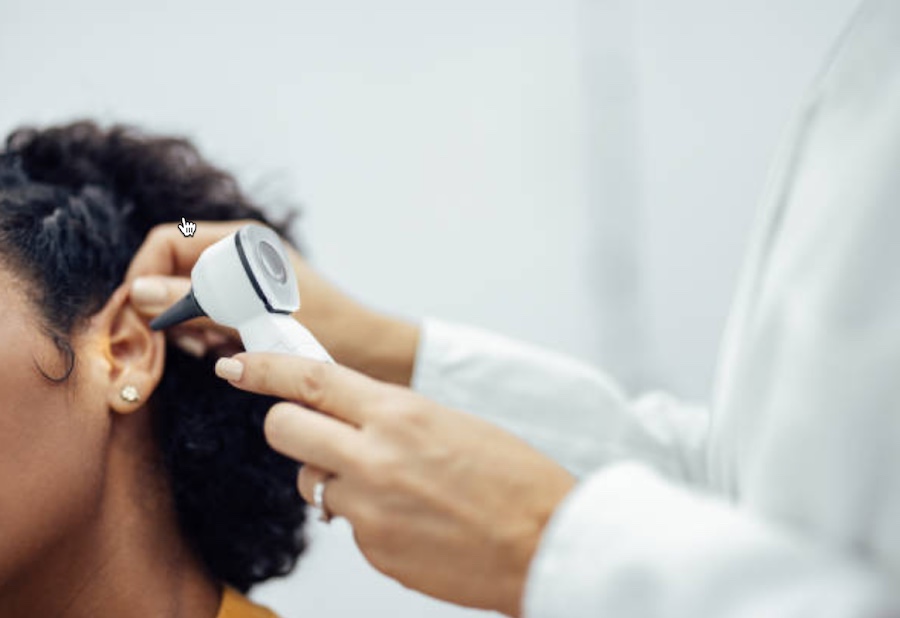Fifteen percent of Americans—around 50 million people—experience tinnitus or ringing in the ears.
- For 2-5 million, the symptoms are severe enough to diminish their quality of life significantly.
- Stress is the #1 factor determining whether tinnitus is perceived as mild or catastrophic.
Why it matters
Tinnitus can cause insomnia, hearing difficulties, lack of concentration, stress, anxiety, and depression.
- It can negatively affect work, relationships, and social life.
- Treating tinnitus by addressing hearing loss and psychological factors dramatically improves patients’ quality of life.
The context
While there’s no definitive cure for tinnitus, audiologists can effectively manage symptoms for 90% of their patients.
- Tinnitus is associated with hearing loss in 80% of cases, making hearing testing critical.
- Questionnaires help gauge severity.
- Key diagnostic steps rule out treatable causes like ear infections or tumors needing physician intervention.
Tinnitus triggers
The National Institutes of Health lists the following as recognized ways to trigger tinnitus and intensify its symptoms.
- Medications: Certain medications, such as antibiotics, anti-cancer drugs, anti-malaria medications, and antidepressants, can cause tinnitus. Nonsteroidal anti-inflammatory drugs (NSAIDs) and cancer drugs, water pills (diuretics), antimalarial drugs, and antidepressants are also known to cause tinnitus.
- Earwax or ear infection: Blockage of the ear canal by earwax or fluid from an ear infection can trigger tinnitus.
- Head or neck injuries: Injuries to the head or neck can damage structures of the ear, the nerve that carries sound signals to the brain, or areas of the brain that process sound, causing tinnitus.
- Ménière’s disease: Tinnitus can be a symptom of Ménière’s disease, a disorder of the inner ear that causes episodes of vertigo, ringing in the ears, and hearing loss.
- Blood vessel disorders: Conditions that affect blood vessels, such as atherosclerosis, high blood pressure, or kinked/malformed blood vessels, can cause blood to move through veins and arteries with unusual speed or force, making tinnitus more noticeable.
- Other chronic conditions: Diabetes, thyroid problems, migraines, and anemia can cause or worsen tinnitus.
- Caffeine: Caffeine, found in coffee, tea, soda, energy drinks, and supplements, can raise blood pressure, triggering tinnitus.
- Nicotine: Vaping and chewing tobacco products can increase symptoms by elevating blood pressure and narrowing blood vessels.
- Stress and sleep quality: Poor sleep quality and extreme stress can set off flare-ups.

Treatment options
Treatments include habituation, stress reduction, and distraction from tinnitus.
- Habituation teaches you how to tune out the ringing sensation. Habituation is not exactly the same as "getting used to" tinnitus. Instead, it means training your brain to pay less attention to it, so its effects are minimized in daily life.
- Stress reduction techniques
- Breathing exercise: Breathing techniques help tinnitus patients break from reacting to tinnitus and approach it with control.
- Mindfulness-Based Interventions (MBIs): For example, Mindfulness Based Tinnitus Stress Reduction (MBTSR) is effective in helping people modify their perception of tinnitus, leading to less stress and emotional struggle.
- Mindfulness-Based Stress Reduction (MBSR): This is mind-body intervention focuses on self-awareness through meditation, reducing anxiety and stress.
- Cognitive behavioral therapy (CBT) is well-established and effective treatment for reducing distress, anxiety, and depression.
- Sound therapy introduces soothing background noise. Some hearing aids offer sound-therapy programs.
- Hearing aids are the most common treatment, providing relief for many wearers.
- Dietary supplements: There is no evidence to support the use of any dietary supplement.
The intrigue
The cause of tinnitus is not fully understood, but several hypotheses offer explanations.
- Noise exposure: Among young adults, the most common cause of tinnitus is noise exposure, which can lead to significant insults to the auditory periphery.
- Medications and stress: Tinnitus may be caused by medications such as quinine or salicylates, as well as by stress and anxiety.
- Hearing loss and ototoxicity: Anything that causes hearing loss, including noise exposure, ototoxic medication, and head injury, can also cause tinnitus.
- Central nervous system factors: It is further hypothesized that somatic tinnitus is due to central crosstalk in the brain, as certain head and neck nerves enter the brain near regions associated with tinnitus. Somatic tinnitus appears or worsens by body movements, such as movement of the head, neck, or limbs, eye movements, and pressure or tension in the face, jaw, or neck.

The latest research at Massachusetts Eye and Ear showed a loss of auditory nerve fibers in people with tinnitus. By measuring responses in the auditory nerve and brainstem, the researchers found that:
- People with tinnitus showed loss of nerve fibers in the auditory nerve, even with regular hearing tests. This is known as "hidden hearing loss."
- People with tinnitus also exhibited hyperactivity in the brainstem.
- Researchers hypothesize that brainstem hyperactivity is the brain attempting to compensate for losing nerve fibers, resulting in the perception of phantom sounds.
- Detecting signs of nerve degeneration in tinnitus patients with brainstem response testing helped confirm longstanding theories about the biology enabling the troubling symptoms.
“We won’t be able to cure tinnitus until we fully understand the mechanisms underlying its genesis. This work is a first step toward our ultimate goal of silencing tinnitus.” —Stéphane F. Maison, Ph.D., CCC-A, a principal investigator at Mass Eye and Ear, Mass General Brigham, and clinical director of the Mass Eye and Ear Tinnitus Clinic

The upside
Tinnitus has challenged us for millennia, but today over 90% of patients can achieve meaningful symptom relief through professional treatment.
Want help with your tinnitus?
Schedule a visit with one of our audiologists to explore treatment options. Our team is up-to-date on the latest treatments to help you find relief.
Call 708-599-9500 to schedule.
► For facts about hearing loss and hearing aid options, download The Hearing Loss Guide.
Don't let tinnitus threaten your health and happiness.

